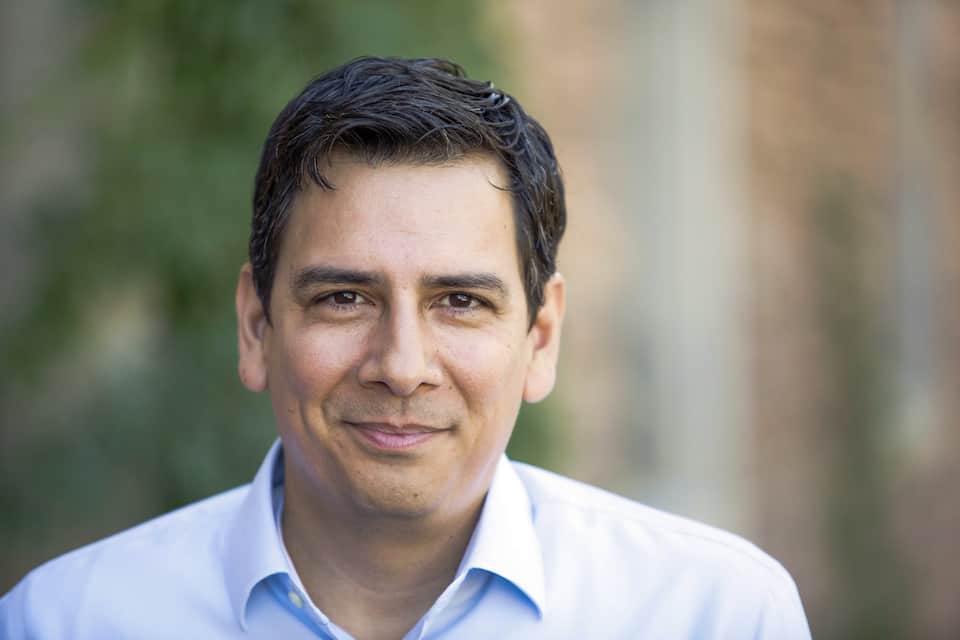Associate Classics Professor Dimitri Nakassis is one of 24 winners of the MacArthur “genius grant” valued at $625,000 USD. According to MacArthur Foundation President Julia Stasch, MacArthur fellows are rewarded for “shedding light and making progress on critical issues, pushing the boundaries of their field, and improving our world in imaginative, unexpected ways.”
“It’s really meant a lot to me how many people have reached out to me. Winning the award was difficult for me to comprehend at first: I thought that my work was good, but I never expected to win something as prestigious as the MacArthur. Having so many of my friends telling me how well-deserved my award was, [was] obviously gratifying but it also made the award feel a lot more real,” said Nakassis.
Although the $625,000 USD from the MacArthur Foundation is a “no strings attached award, Nakassis plans to use the money for research.
[pullquote]“To me, the money is an invitation to do something ambitious and important, but that means that I have to be careful and deliberate about how I use the money.”[/pullquote]
Nakassis’ accomplishments include his first book, Individuals and Society Mycenaeen Pylos (2013), which was based on reinterpretation of records found on clay tablets. He has been a faculty member of the University of Toronto since 2008 as an associate professor in the Department of Classics. He has also been a visiting professor at the University of Colorado Boulder, Florida State University and Trinity University. He has also been published in the American Journal of Archaeology, Hesperia and Greek, Roman and Byzantine Studies.
Most recently, Nakassis was the co-director in an archaeological survey project with Sarah James of the University of Colorado Boulder and Scott Gallimore of Wilfred Laurier University. The project investigates “the modern ground surface for evidence of past activity without excavating,” referred to as the Western Argolid Regional Project.
“In the past two years, we’ve intensively surveyed some 13 square kilometers of territory. The western Argolid is an area that is extremely important to understanding the development of Argos, a major center in all periods of Greek history and prehistory and to the terrestrial networks that connected the communities of southern Greece,” said Nakassis.
His passion for research was a key factor for being a recipient of the MacArthur fellow. “I think that almost everyone likes solving problems using their intellect, and I’m no different, it just happens that the problems that I’m trying to solve deal with ancient Greece. Second, my work is collaborative.”
He also credited his love for collaboration and teamwork for his success. “One of the reasons that I wanted to be an academic in the first place was this sense that it wasn’t a zero-sum game, that we were all working together in some sense to come to a better understanding of the past. Working with other people, in person and through their work, is deeply satisfying. It’s great to be part of a team, to teach and to learn from your students and colleagues” he said.


